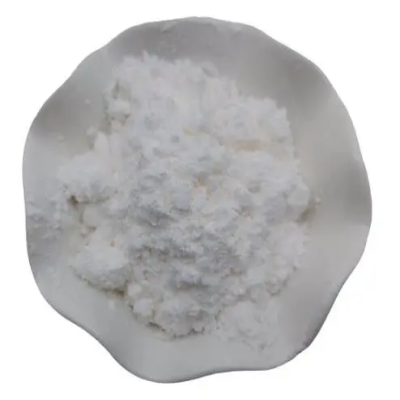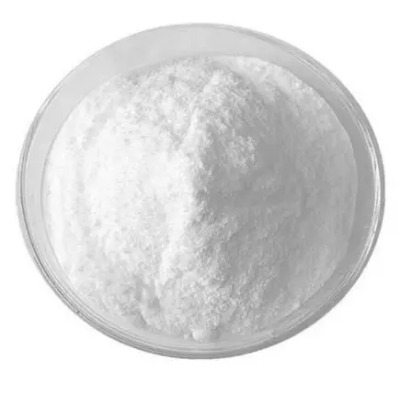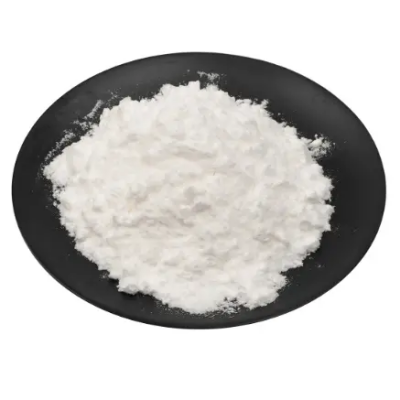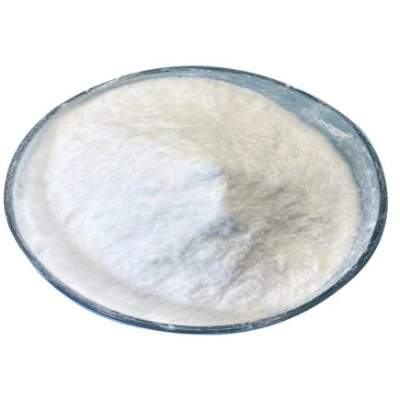6-Benzylaminopurine(6-Ba) CAS:1214-39-7
Growth promotion: L-Arginine is known to stimulate growth hormone release in animals, which can contribute to improved growth and development. It promotes protein synthesis, which is essentia
6-Benzylaminopurine is widely utilized in horticulture and agriculture for its diverse applications in promoting plant growth and development. Its primary use lies in stimulating lateral bud development and enhancing branching in ornamental plants and nursery crops. By influencing apical dominance, it supports the formation of compact and well-branched plant structures, contributing to the aesthetic appeal and market value of ornamental species. Furthermore, 6-Benzylaminopurine plays a crucial role in tissue culture techniques, where it is applied to induce shoot multiplication and enhance the regeneration of whole plants from single cells or tissues. This property makes it an invaluable component in micropropagation processes, facilitating the mass production of elite plant varieties with desirable traits and characteristics. In addition to its role in shoot proliferation, 6-Benzylaminopurine is employed to promote flower induction and enhance flowering in various ornamental and fruit crops. Its application can lead to increased flower bud formation, improved floral display, and enhanced ornamental value, supporting the marketability of flowering plants and contributing to landscape beautification. Moreover, 6-Benzylaminopurine may find use in fruit production to improve fruit set and increase yield. By promoting cell division and fruit development, it contributes to the production of high-quality fruits, thereby benefiting commercial fruit growers and ensuring better economic returns. Overall, 6-Benzylaminopurine's versatile applications in plant propagation, branching enhancement, flower induction, and fruit development highlight its significance in modern horticulture and agriculture, providing solutions for improved crop quality, yield, and ornamental value across diverse cultiv
l for muscle growth, and can enhance overall body weight gain in animals.
Nitric oxide production: L-Arginine is a precursor for nitric oxide (NO) synthesis in the body. Nitric oxide is involved in various physiological processes, including blood vessel dilation, immune function, and cell signaling. Supplementing L-Arginine in animal diets can enhance NO production, leading to improved blood flow, immune response, and nutrient absorption.
Immune function: L-Arginine plays a crucial role in supporting the immune system. It is involved in the production of immune cells, such as T-cells and macrophages, as well as antibodies. By providing an adequate supply of L-Arginine in animal diets, immune function can be optimized, leading to improved disease resistance and overall health.
Reproductive performance: L-Arginine is essential for reproductive processes in animals. It is involved in sperm production and motility in males and can enhance fertility. In females, L-Arginine supports the development and function of the uterus and placenta, enhancing reproductive performance and increasing litter size.
Stress management: L-Arginine has been shown to have a positive impact on animals' stress response. It can reduce stress-induced cortisol levels and promote a state of relaxation. By supplementing L-Arginine in animal diets, stress tolerance and overall well-being can be improved.



| Composition | C12H11N5 |
| Assay | 99% |
| Appearance | white powder |
| CAS No. | 1214-39-7 |
| Packing | Small and bulk |
| Shelf Life | 2 years |
| Storage | Store in cool and dry area |
| Certification | ISO. |






![N-[(9H-fluoren-9-ylmethoxy)carbonyl]-L-alanine CAS:35661-39-3](https://cdn.globalso.com/xindaobiotech/CMGYQWFMYMAW61CV3X33.png)


